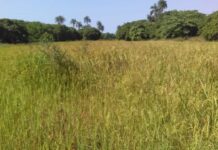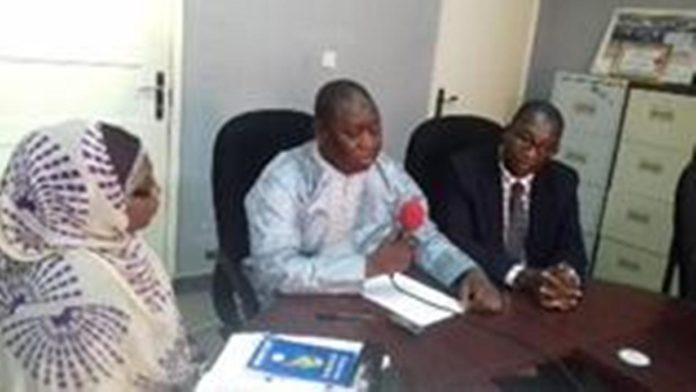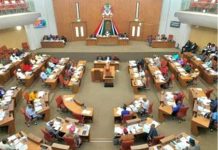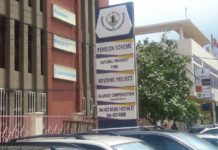By Saikou Suwareh Jabai
The Gambia Bureau of Statistics (GBoS), published the rebased 2013 Gross Domestic Product (GDP) of the Gambian economy, at a press briefing at its Kanifing Office on Wednesday June 20th 2018.
The rebasing was aimed at providing up-dated GDP estimates in terms of improved coverage of emerging economic activities and methodologies, in line with international standards.
The newly rebased 2013 GDP by production estimates, show that it is 1.52% higher than its level, using the old base year of 2004 and the GDP per capita rose from $450 to $684.
The Statistician General of GBoS Nyakassi M. B. Sanyang, said the outcome of the rebasing exercise will contribute to guide decision-makers with sound and reliable information of the Gambian economy, for results based policy formulation, planning, monitoring and evaluation.
“Due to the revolving nature of our economies, it is important to change reference or benchmark periods of GDP estimates on a regular basis, to include and measure emerging economic activities and products,” he said.
While UN recommends that countries rebase their GDPs every five years, Sanyang said the previous rebasing was done in 2004; that GBoS will hold a dissemination meeting on the 5th of July 2018, where the office will present a detailed report of the results, to stakeholders.
The Permanent Secretary at the Ministry of Finance and Economic Affairs Lamin Camara, congratulated GBoS on the completion of the rebasing. He described the initiative as timely, saying it will go far enough in informing policy-makers on key development issues. “This is a good move and it is one of the biggest achievements in GBoS’s history. It takes hard work and dedication,” PS Camara said; that the dynamics of our economy changes and thus, there is a dare need for periodic rebasing of the country’s GDP.
Sanyang said the Ministry of Finance will continue to support the rebasing process to ensure that it is done consecutively, to enable Government have statistics, that reflect current realities.





















